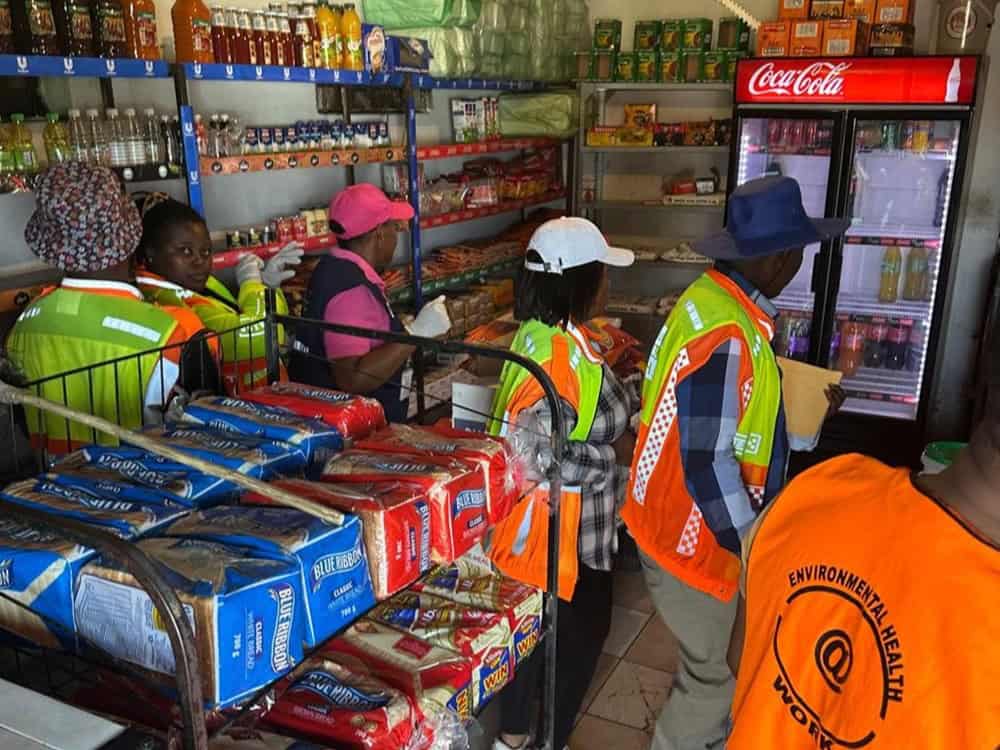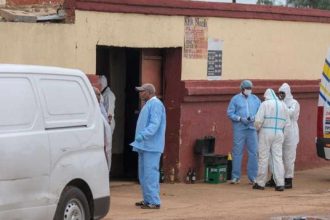South Africa is witnessing a troubling increase in food poisoning cases attributed to chemical contamination at spaza shops, according to toxicologist Dr Gerhard Verdoorn. Dr Verdoorn’s warnings follow the recent tragic death of an 11-year-old in Alexandra township, believed to be caused by tainted food purchased at a local spaza. The child’s mother and sibling were also hospitalised, adding urgency to the concerns over food safety at informal food vendors.
For years, Dr Verdoorn has raised concerns over hazardous chemicals like halephirimi (aldicarb) and Terbufos, which are frequently sold illegally in spaza shops and on the streets. He says the government’s failure to address these hazards has compounded the risk of such incidents. He stated, “The response has been super reactionary. I’ve tried since 2010 to work with authorities to remove dangerous substances, particularly those like halephirimi. These substances have led to multiple deaths and are still sold widely by vendors and spaza shops across the country. I have warned the government that a calamity is looming.”
Dr Verdoorn revealed that at least six children have lost their lives due to food contamination linked to these chemicals. “We know of one instance involving six children who passed away, but cases continue to emerge across provinces including Gauteng, Free State, KwaZulu-Natal, Limpopo, and the Eastern Cape. The response was too slow, and my worry is that more children, who should have bright futures, will lose their lives,” he explained. The Alexandra incident adds to the growing list of food poisoning cases from regions such as Soweto, the Vaal, and Tembisa, all raising alarm about food safety.
This crisis has led political figures, including the Democratic Alliance (DA) and other parties, to demand that the government implement stricter food safety protocols, especially in schools. DA MP Michelle Clarke emphasised the need for an increased workforce of Environmental Health Practitioners (EHPs), especially as the food poisoning crisis continues. “Municipalities struggle to meet food safety and health standards due to ongoing budget restrictions. Provincial and local governments have failed to allocate sufficient funds for these positions, putting communities at risk,” she said.
Currently, South Africa has just 1,712 EHPs, far fewer than the estimated 6,203 required to ensure adequate inspection and food safety coverage. This gap leaves countless South African communities vulnerable to foodborne illnesses.
Efforts to obtain a response from the Health Department on this urgent issue were unsuccessful by the time of publication.












